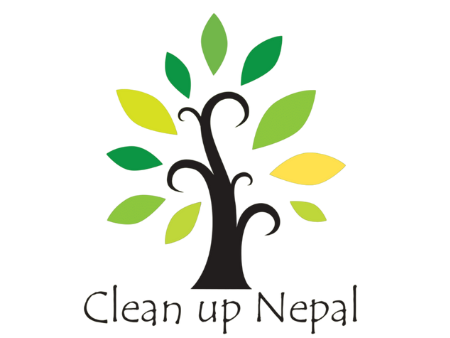Water, Sanitation and Hygiene (WASH)
Clean and safe water, proper sanitation facilities, and good hygiene practices are fundamental to public health and well-being. CLEAN UP NEPAL, through its core thematic area of "Water, Sanitation and Hygiene (WASH)," addresses these essential aspects of human life, recognizing their critical importance to environmental sustainability, public health, and community welfare.
One of the primary objectives of CLEAN UP NEPAL's WASH initiatives is to ensure access to clean and safe drinking water. Access to clean water is a basic human right and a crucial factor in preventing waterborne diseases. By working to improve access to reliable sources of clean water, CLEAN UP NEPAL reduces the risk of waterborne illnesses and contributes to the overall well-being of communities. Clean water is the foundation upon which public health is built.
Proper sanitation facilities are equally essential. Inadequate sanitation can lead to the contamination of water sources and the spread of diseases. CLEAN UP NEPAL is likely involved in initiatives aimed at constructing and maintaining sanitation infrastructure, such as toilets and wastewater treatment facilities. Ensuring that communities have access to safe and hygienic sanitation facilities is a key step in preventing environmental pollution and safeguarding public health.
Hygiene practices play a critical role in maintaining good health, and CLEAN UP NEPAL recognizes their significance. The organization likely engages in educational efforts to promote proper hygiene behaviors within communities. This can include raising awareness about handwashing, waste disposal, and the safe handling of food and water. These practices are essential for preventing the spread of diseases and promoting community well-being.
Moreover, the interconnection of these thematic areas is evident in CLEAN UP NEPAL's holistic approach. Access to clean water, sanitation, and hygiene education collectively contributes to a cleaner and healthier environment. Clean water sources are less likely to be contaminated when proper sanitation is in place, and hygiene practices further reduce the risk of diseases, fostering community well-being.

